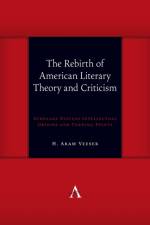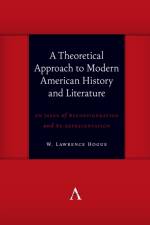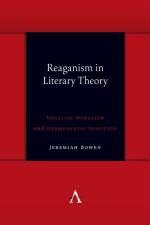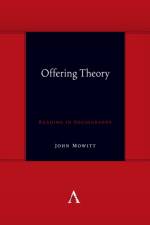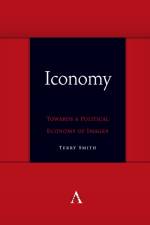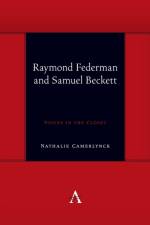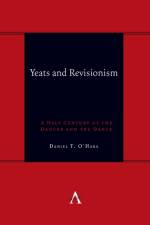av Nathalie Camerlynck
1 447
Raymond Federman (1928-2009) is known as a scholar of Samuel Beckett, postmodern theorist and avant-garde novelist. Like Beckett, he was also a self-translator, though unlike Beckett his first language was French and he composed his most significant works in English. In this sense, he took Beckett's journey in reverse. Federman's life was, in many ways, a Beckettian journey. He escaped deportation to Auschwitz, where all of his immediate family perished, thanks to his mother pushing him into a closet. Years of lonely wandering followed. Federman explicitly describes his own life in Beckettian terms, and his postmodern novels are thick with intertextual references, with Beckett as the main source. This book offers the first examination of these references, in light of Federman's contribution to critical theory. This study is focused on Federman's most significant novels, published between 1971 and 1982: Double or Nothing, Amer Eldorado, Take It or Leave It, The Voice in the Closet/La voix dans le cabinet de dbarras and The Twofold Vibration. Federman's two tongues make for a doubled discourse, one in which the boundaries between English and French become porous. He uses fragments of Beckett, Joyce and others (including French poststructuralists) to undermine the gendered identity of his own autobiographical creations. Federman's use of Beckett, his intertextual strategies and choices, highlight the queer potential of his master's work.The Raymond Federman who passed away in 2009 was a beloved teacher, husband and father. This book is not about him. The characters, or rather creatures, in the first cycle of Federman's novels are incapable of successfully inhabiting what Federman calls social reality. They are condemned to return ceaselessly to the closet, the site of their traumatic rebirth. The importance of the closet has been addressed in previous studies of Raymond Federman and is many times acknowledged and discussed by the author himself. This study demonstrates, through close reading and intertextual analysis, the importance of a second closet, one explicitly linked to queer identity. The homoeroticism present in Federman's seventies novels is largely determined by the author's relationship to Beckett. By guiding the reader through Federman's intertextual peregrinations, this book explores his remarkable relationship with Sam.

